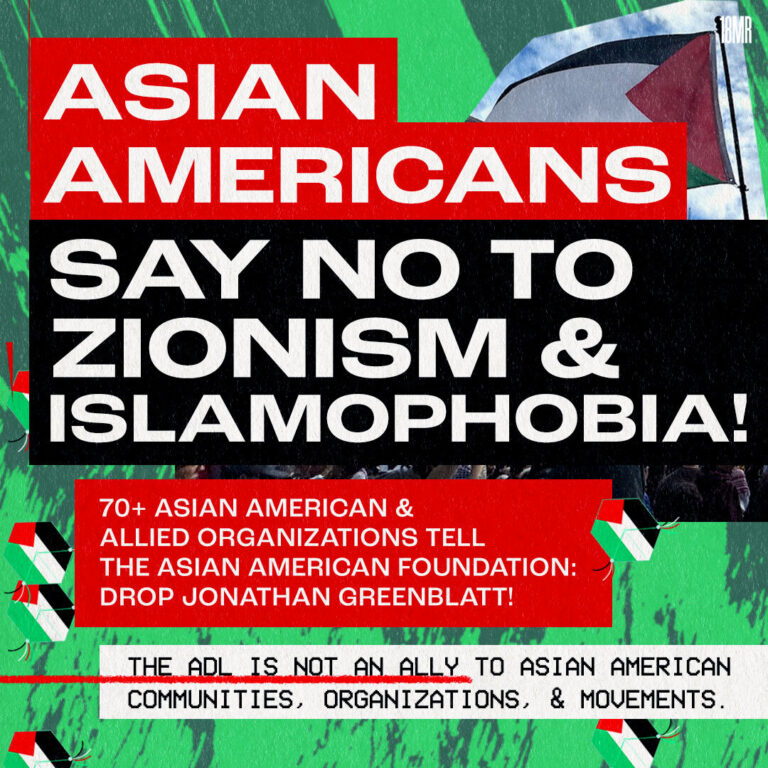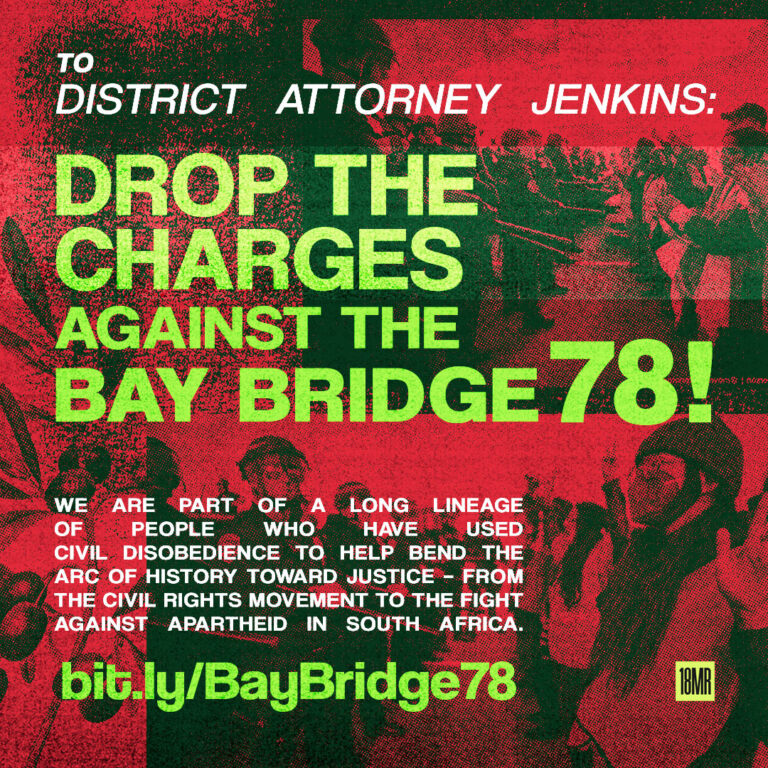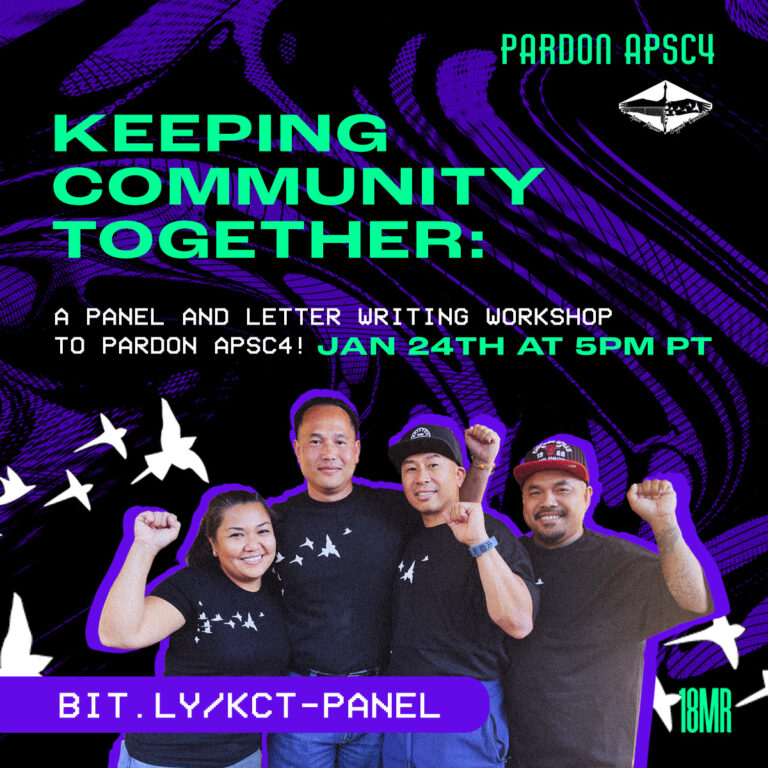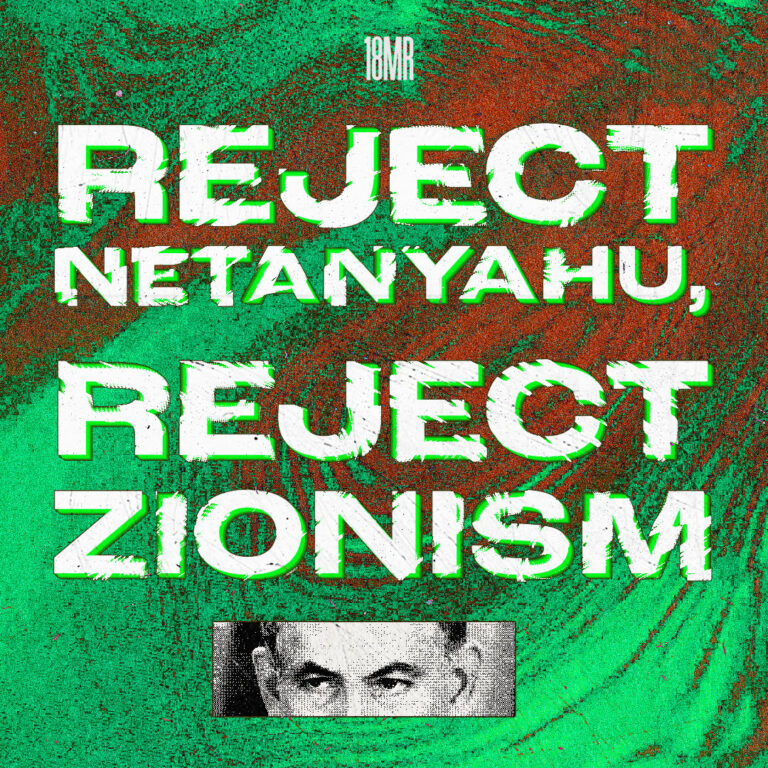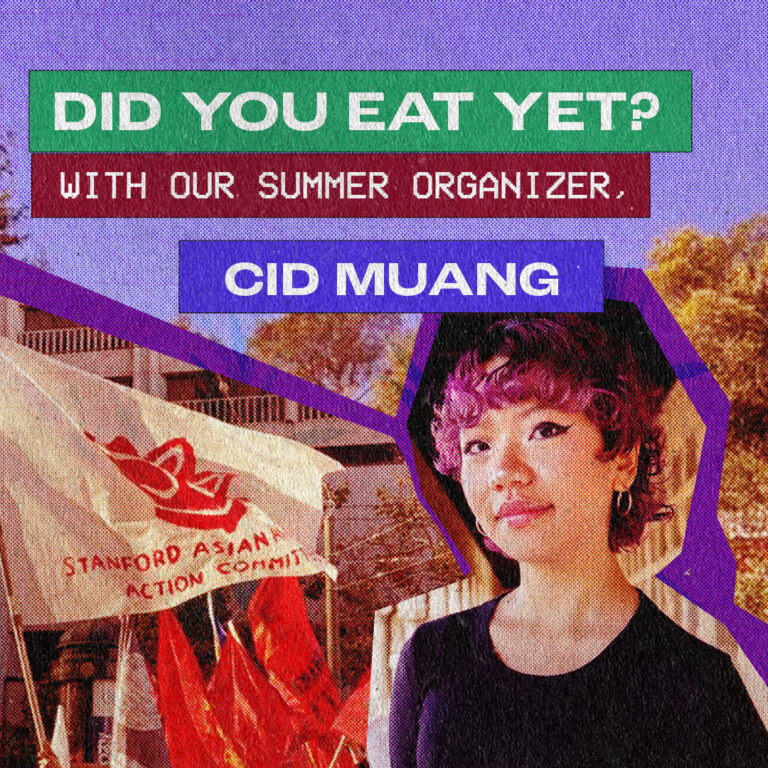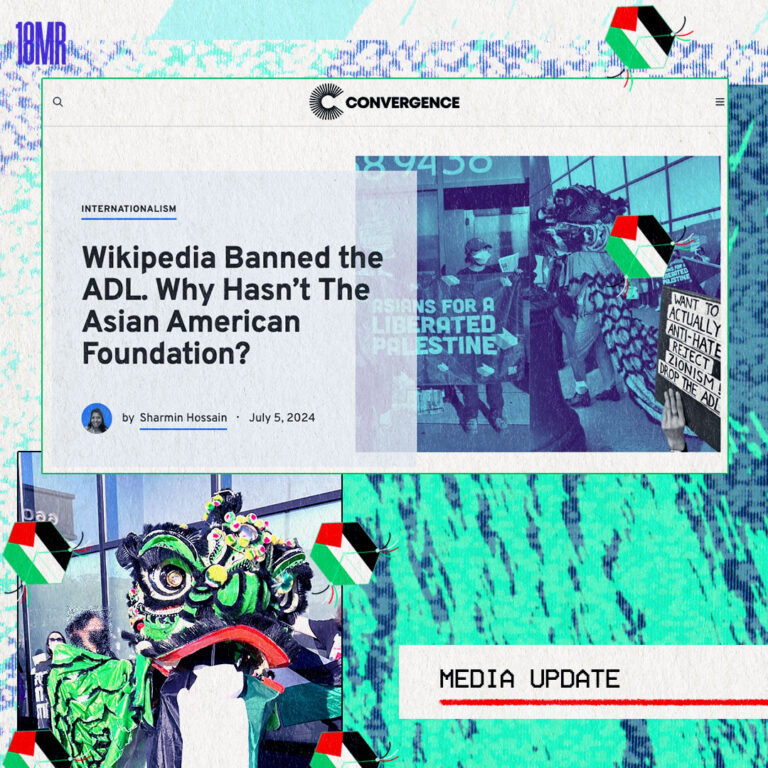18MR Director Samala recaps the (FIRST!) Rootscamp AAPI Caucus, the questions raised around AAPI identity and movement, and how we can keep building community both on and offline.
What’s your/our story? That is just one of many compelling questions that came up last week in Washington, D.C.
Last Thursday, Friday and Saturday, the New Organizing Institute (NOI) put on its seventh and largest RootsCamp ever. RootsCamp, for those that don’t know, is a wildly dynamic “Unconference” where attendees set the agenda, share lessons learned, and drive the conversation about best practices in (mostly online) organizing.
This year’s RootsCamp hosted more than 2,000 participants and included the first ever Asian American Pacific Islander Caucus, of which 18MR is proud to have been the sponsor! Big shout out and thanks to Deepa Kunapuli and Adriel Luis for helping to make the caucus possible. Props to Vincent Vilano and John Brougher for being rockstar RootsCamp volunteers and MCing the award ceremony!
The AAPI Caucus, hosted at NOI’s office, was attended by nearly 30 folks and included OG organizers from the AAPI community, as well as people very new to organizing who were excited to listen, participate, and learn more. A lot of topics were covered in the three-hour gathering, but one of the most interesting parts of the night came towards the end, when we were brainstorming ideas for workshops to present and lead during RootsCamp. A question was posed to the group: What is the AAPI story in America?
We were all able to agree on one distinguishing component of that story: the diversity of AAPI communities. We are ethnically very different, with over 43 groups and even more languages. The generations our families have been in the United States ranges from eight to “I’m the first one!”. Socioeconomically, we cover the entire American spectrum. The extent to which we have a racial, social and/or gender justice lens is also quite variable. This diversity was a strong point of agreement (and pride, even), but there arose an interesting tension in how the Caucus wanted to address the question.
For the first time in a somewhat public venue, I shared my thoughts that AAPIs are in a position to pave the way towards what I consider to be the full and true realization of this country. I argued that the AAPI story IS the American story. It’s the story of a group of people celebrating in their diversity (in all the ways that may mean), honoring their individual culture or heritage, while being proud and active participants in American democracy and identity. This is the America I dream of, and this is the hope I have for AAPI communities. I think what it means to be American can, should, and probably always will, differ from group to group and individual to individual. Some AAPIs came to this country out of political refuge, some for better job opportunities, for education, or simply because they could. What brings someone here is just as important to their identity as where they came from.
Now this is where the core tension came in: others and myself posited that to be AAPI is to be American. By that we meant, like most everyone in this country who does not identify as Indigenous, we each came from some place else somewhere along the family line. It’s a fact that many of us are quite proud of. Many of us hold our heritage very near and dear to us. So, while there was a strong desire to carve out the narrative that the AAPI story is the American story, there was another view. The other view was that AAPIs are so different, even within our own group, that it would do a disservice to the more than 40 ethnicities to roll them into a monolith.
This challenge is not a new one: how to balance the desire to identify with one another to carry more political, social and media clout, while respecting the distinctions that make us who we are. However, some of the ideas generated from the caucus and workshops for collaborative, community-generated, digital projects were extremely innovative. This question eventually helped us to pivot from talking about the diversity and the identity of 18 million plus AAPIs to dreaming up some fun and creative ways to engage our communities in ongoing projects. Sign up with 18MR to stayed tuned and participate!
These amazing ideas all started with questions: questions that we hope you’ll join us in answering:
- What makes you proud to be AAPI?
- What’s the biggest challenge you face as an AAPI?
- What part of your Asian or Pacific Islander culture do you hope to always keep with you and even pass on?
- Have you ever had a bilingual experience that made you feel awesome?
- When did being Asian American make you feel powerful?
If you want to catch up on what you might have missed, check out #threepointfour on Twitter and join in on the thread! For my fellow RootsCampers, we can take advantage of this post and this space to deepen some of the awesome conversations started in DC last week.

